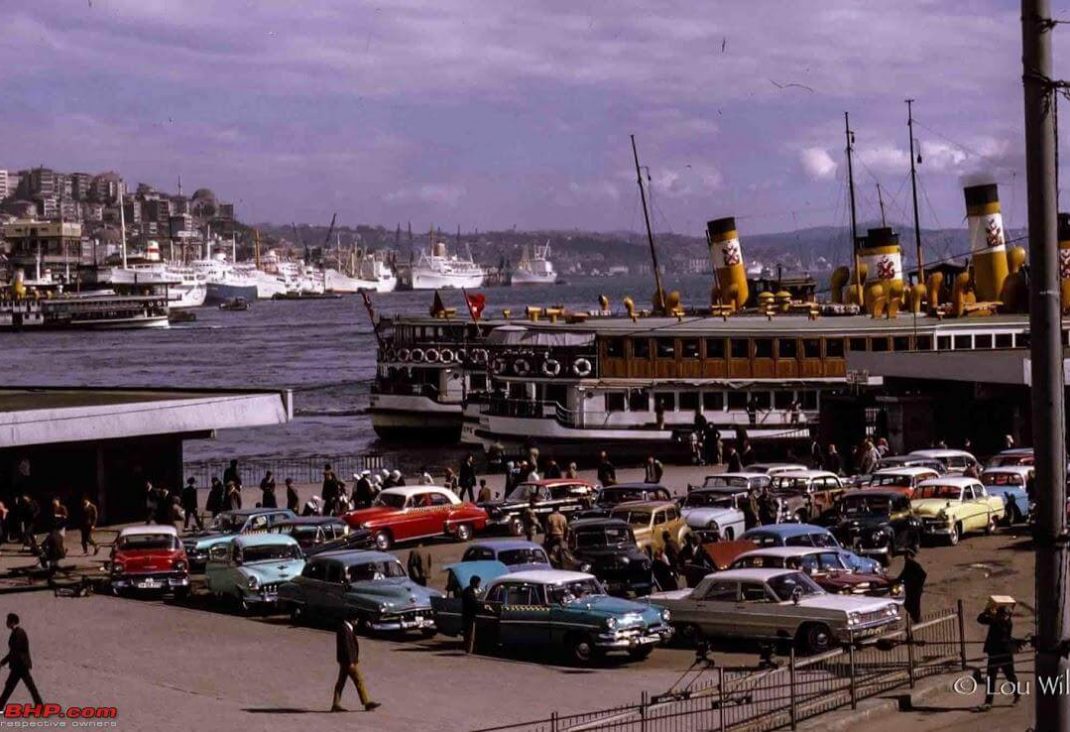THE TURBULENT 70S AND 80S
The 1960s represented a leftist and anti-American shift in Turkish politics, with calls for social sector and land reform to address rapid industrialization. Frustrated with the government’s inability to deal with protestors, the army intervened in 1971, turning the country over to four years of ineffectual government. The military’s handling of political violence in this period attracted international human rights condemnation.
It was during this time that Abdullah Öcalan formed the Workers’ Party of Kurdistan (PKK is its Kurdish acronym) in order to fight for Kurdish sovereignty. Although the PKK has never represented all Kurds, the PKK would gain prominence among the Kurdish population in the southeast of the country in the following decades.
Turkey’s foreign relations didn’t fare much better. Fearing that independent Cyprus would be annexed by Greece, Turkey invaded the island in 1974 in response to a pro-Greek attempted
coup. Economic and arms embargoes were imposed by the West, to which Turkey responded with closure of foreign military installations. By the end of the 70s, however, tensions decreased and normal foreign relations resumed. The decade ended with high unemployment, spiraling inflation, twenty political murders per week and impotent governance.
General Kenan Evren led a bloodless military coup in September 1980, placing both political leaders under house arrest and dissolving political parties. Muslim fundamentalist leader Erbakan was tried for political agitation, and 43,000 others were arrested and, in some cases, tortured. The new 1982 constitution provided for a president who could choose a prime minister and held that political parties could attain seats in Parliament only if they could claim at least 10% of the vote.
Martial law ended by 1983 with the election of the center right Motherland Party (ANAP) and its leader Turgut Özal. Though economic reforms, free market principles, and emphasis upon trade was promising at first, the decade’s worldwide recession sent Turkey into massive inflation, deficit, and unemployment.
Throughout the 1980s, security in eastern Turkey became increasingly precarious. Based in Syria and Iraq, the Kurdistan Workers’ Party (PKK) increased its forces and directed a guerilla war against the Turkish state. Civilians were caught in the crossfire: Turkish troops razed villages suspected of helping the PKK, and the PKK razed villages suspected of being pro-government. Meanwhile, the use of the Kurdish language in schools or in the media was banned, as was any expression of sympathy for the Kurds.



Leave a Reply